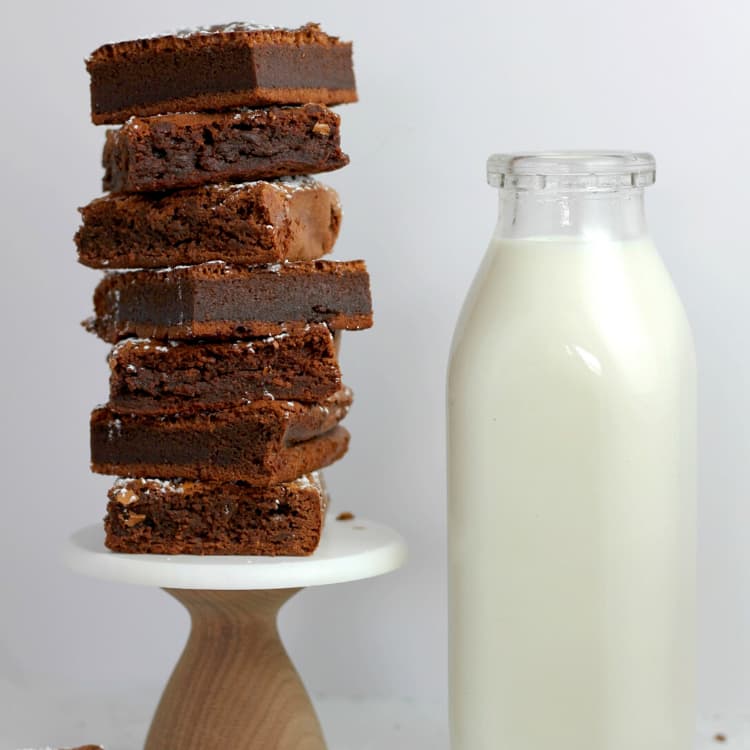Gluten really is one of the major buzz words of the last few years. We’ve gone from never hearing the word gluten, to seeing foods labelled gluten free, meeting friends who claim to be gluten intolerant and hearing screenwriters dropping the gluten bomb for comic affect in movies.
So, what the hell is Gluten and why is it all of a sudden such a problem?
Well, not all of you are health nerds like us and you may not want to read a bunch of scientific research. Some of you may simply want to know, “Should I be eating the stuff or not?” Don’t worry, we’ll get to you in a second.
Learn from Granny
So why was granny okay eating bread all those years but we aren’t? Well, not only has our baking drastically changed since granny’s days, but it has been said by specialists that a lot of bread these days has got up to 50% more added gluten in it than say twenty years ago.
Gluten is a protein found inside most grains, but for now think of it as the “glue” that helps bind bread, cakes, biscuits and dough.
As more and more studies are being done on the subject, more people are showing up with sensitivity to Gluten, either as Coeliacs or being diagnosed with Non-Coeliac Gluten Sensitivity.
Pub Med is a great site to check out if you’re someone that needs and enjoys reading research and the current studies.
See link: https://www.ncbi.nlm.nih.gov/pubmed/23937528
Personal Experience
Again, what does this mean? Well, on a personal level, my mother is a Coeliac and therefore must have absolutely no gluten in her diet or she gets very unwell indeed. Coeliacs cannot even have something that’s been prepared near anything containing gluten, as it is most likely to be contaminated. Not a fun life, let me tell you, as gluten is not just bread and pasta, it’s in bloody everything! From mustard to soy sauce, many alcohols and even in some beauty products!
Now take me for example, I am intolerant to it, so I would be classed as a non-Coeliac Gluten Sensitive person.
Although I was blood tested for this, most people can discover this on their own if they are having some health issues such as;
- severe or occasional diarrhoea, wind and/or constipation
- persistent or unexplained gastrointestinal symptoms, such as nausea
- recurrent stomach pain, cramping or bloating
- tiredness and/or headaches
- brain fog
- skin rashes/acne
Test yourself
By taking the 6-week gluten challenge (basically eliminating it entirely from your diet) you can pretty much diagnose yourself if say, all of a sudden your symptoms disappear after the 6 wks. If you don’t feel any different, then there are obviously some other factors at play and it’s probably worth a visit to your doctor.
However, many people are not affected by gluten. That doesn’t mean it is necessarily “good” for you but it does mean you can relax and not worry about totally excluding it from your diet. Again, it’s about making conscious and mindful food choices.
In fact it’s been quite the topic of conversation around the office as we all have different diets and ways of doing things that work for us but may not work for everyone. It’s always good to recognise yourself as an individual and through trial and error find out what works best for you. It can also be pretty empowering to take control of your own eating decisions and follow what’s right for YOU.
For more ideas see our recipes and nutritional e-books, or pop into our Gyms in London to find out more about how we incorporate nutrition and healthy eating into your personal fitness goals.
Related Articles
- Do Carbs Make you Fat?
- Nutrition Made Simple
- Why Organic Food Isn’t Always Best
- Healthy Working Lunch Options
- Eating Healthily but Not Losing Fat?

